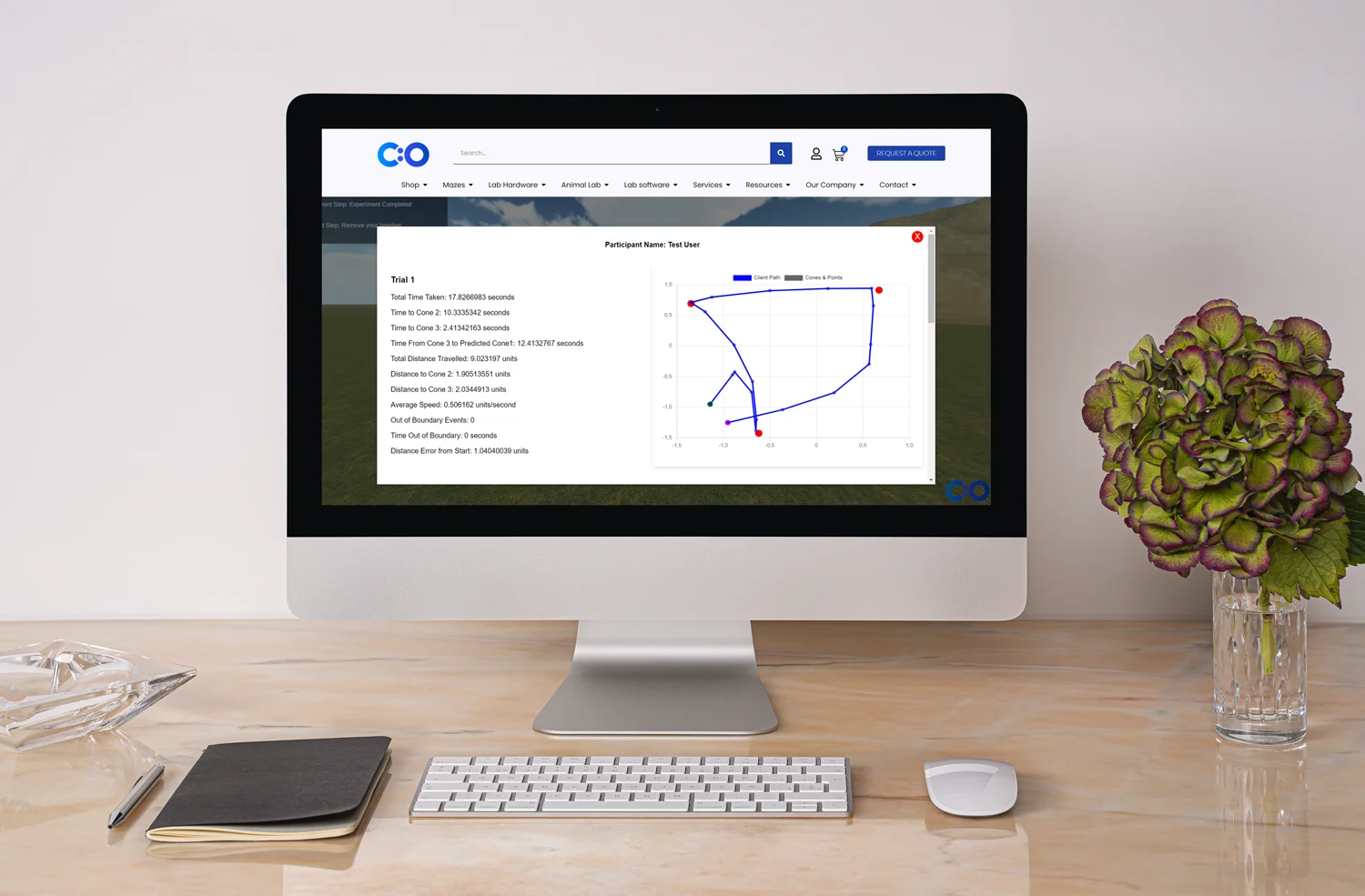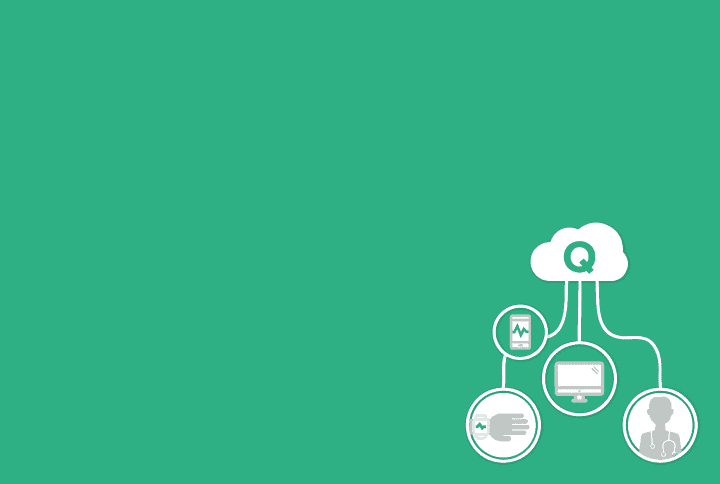

Although randomized trials are the gold standard in research, the need for real-world data is imminent. Real-world data is essential in oncology where discovery and competition are altering at a rapid pace. Since cancer is one of the leading causes of death worldwide, novel therapies and pathways for the introduction of medicines should be assessed across diverse populations and real-life settings. Note that more than 10 million new cancer cases are reported every year throughout the globe (“Cancer Prevention and Control,” 2018). Real-world data can generate insights from routine health care and close the gap between research and routine clinical practice.
To benefit research, drug authorization, and health care, real-world evidence becomes an essential factor in medicine. Since cancer trials can be slow and costly, more and more researchers have started to integrate real-world data in research. Note that real-world data is defined as any information obtained from non-randomized trials and diverse populations. Sources vary from electronic health records to insurance claims (Khozin, Blumenthal & Pazdur, 2017). In fact, the use of electronic health records is increasing. Digital solutions (e.g., wearables and sensors) and social media channels (e.g., Facebook and Twitter) also play a crucial role in oncology. These sources contain vital health-related information, such as demographics, symptoms, long-term effects, adherence rates, and financial burdens. Electronic health advancements benefit interoperability, doctor-patient communication, and compliance. What’s more, real-world data can be employed to reach a balance between external and internal validity and increase patient participation in digital health research. Data can shape the future of oncology care worldwide.
Research in the field of oncology is sensitive and challenging. Note that there are various cancer treatments, with radiation therapy and chemotherapy being among the most common interventions (“Types of Cancer Treatments,” 2017). With the increasing use of digital health solutions and experimental cancer therapies, though, real-world data can support numerous aspects of medical research and routine clinical practice. Some of its applications include
While clinical trials are the gold standard in medical research, real-world data can complement clinical findings. In fact, real-world experiences were the base of medical discoveries for hundreds of years (Corrigan-Curay, Sacks, & Woodcock, 2018). Real-world data can be used to explore biomarkers, validate surrogate endpoints, assess long-term effects, and evaluate treatments in diverse settings. Both prospective (e.g., self-reports) and retrospective (e.g., chart review) data can bring valuable insights into research. In addition, new metrics and technologies (e.g., wearables and apps) can enable data collection from almost every patient with cancer in real time. Such innovations can benefit oncology care and patient-centric methods. Digital solutions can also improve interoperability and research regulations.
In cancer treatments, pragmatic trials reveal some advantages over randomized clinical studies. Note that usually, the rates of participation in clinical trials are low (under 5%) and some groups might be excluded from research (e.g., elderly people) (Khozin, Blumenthal & Pazdur, 2017). Pragmatic trials, on the other hand, combine real-world evidence and information from randomized trials to support the effects of an existing treatment in practice. By including real-world data, community oncologists can get involved (especially in the late stages of the study) helping more patients access novel treatments. Electronic health records become an essential source of information. It’s not surprising that the use of electronic records in health care has increased. Note that digital solutions can facilitate data extraction and data management.
While well-designed observational studies reveal similarities with controlled trials, they generate real-world evidence. Such studies supply health insights without invading patient and clinical behavior. In fact, electronic health records and routine clinical practice observations can provide vital information in cancer research, suggest hypotheses for new clinical trials, and facilitate decision-making (Khozin, Blumenthal & Pazdur, 2017). This approach can benefit subjects with organ dysfunctions and other abnormalities. Note that usually, these patients are excluded from conventional cancer studies. Besides, real-world data can improve the generalizability of any clinical information.
Real-world data can benefit early discovery. Since various factors affect cancer (e.g., genomic characteristics), experts can employ genomic sequencing data to identify biomarkers of response and cohorts, which can improve drug development. Note that advanced data mining techniques can support and improve the validity of biomedical data, as well as benefit target identification (Hughes et al., 2011). To set an example, a pharmaceutical company used a genomic database (with information on tumor sequencing) from subjects with lung cancer and created valid genomic profiles.
Real-world data can support the entire drug development cycle and shorten development times and costs. Note that normally, drug development benefits from aspects, such as accidental discovery, experimentation on fungi and plants, and the profound study of cancer cells and drug targets. Technological solutions and sophisticated simulation techniques can show oncologists how a drug interacts with a target. After that, new drugs are tested on tumor cells and animals, and only after approval – on humans (“Drug Discovery and Development,” 2018). We should mention that when it comes to innovations, biotechnology and pharmaceutical companies are among the leading high-quality providers. Therefore, more and more companies have started to invest in real-world data approaches and electronic sources to improve data collection and analysis – with the sole purpose of benefiting patient outcomes.
Real-world sources, such as electronic health records, support the design and execution of clinical studies. Real-world data can improve the trial design, protocol, and feasibility. It can also improve trial execution, particularly by the inclusion of external control arms. Having an external control arm obtained from historical or present populations and real-world settings can improve recruitment and registration. This approach is essential for rare cancers. Note that recently, a drug developer designed a study protocol with high external validity to explore a metastatic cancer population.
Designing a study and executing a trial, though, rely on robust findings regarding the natural history of the disease, which encompasses the entire course of the disease (including the pre-symptomatic phase and the point where the patient is cured or not). Real-world data can assess real-life settings (e.g., community-based medical facilities) and examine early screening and assessment methods. The retrospective analysis of electronic health records can also provide valuable insights into risks, early intervention, drug safety, and outcomes.
Voluntary passive reporting and clinical reports are the most popular techniques employed to assess post-marketing pharmacovigilance. Nevertheless, these approaches are prone to bias, such as media attention. Real-world data, on the other hand, can benefit active reporting and detect early signals and risks. Apart from electronic health records, experts may employ sources, such as apps and Internet searches, to capture self-reported symptoms. Mining techniques, natural language processing, and Bayesian geometric methods can verify any safety signals (Khozin, Blumenthal & Pazdur, 2017).
Real-world evidence can benefit post-marketing research. Post-marketing studies are usually conducted after a product has been approved for marketing. When it comes to retrospective data (e.g., chart review), data can be obtained from searches across different electronic sources to improve cancer diagnoses. In fact, it can also help experts understand the effect of a treatment in underrepresented populations (e.g., presence of brain metastases).
Although novel cancer therapies reveal some promising findings, medical costs are the main burden which societies must overcome. With the increasing number of treatment pathways, payers need evidence of clinical value and generalizability. In fact, data shows that only one-third of launched drugs meet medical expectations. Therefore, real-world data can be employed to inform reimbursements schemes and help experts reach a balance between costs and benefits.
Real-world data may support vital aspects of oncology, such as the expansion of the indication of a drug. It can help biopharmaceutical companies reduce costs and eliminate the need for randomized trials. To set an example, an oncology drug developer used data from electronic health records to support the indication expansion across rare biomarker-defined populations. Note that electronic health records are among the most powerful sources of real-world data.
By utilizing real-world data, experts will be able to provide personalized care, which can be supported by the newest advancements in genomics. Note that in the US, in particular, electronic medical records and administrative claims are the main sources of real-world data. Routine clinical practice and a patient’s insights into their own condition and family history can only support health and treatment outcomes. After all, today’s digital health era has initiated a shift in perspectives – with patients being the center of health care.
Real-world data has numerous advantages over standard methods; real-world information complements scientific findings, improves external validity, and facilitates access to treatment. We should note that randomized controlled trials often compromise external validity due to rigorous research factors, eligibility criteria, and protocols. Real-world data sources and electronic medical records contain vital information, such as patient diagnoses, drug prescribing, and laboratory tests. Health outcomes, progression, remission, and complications can also be followed up, which can benefit oncology research. Administrative claims can provide a beneficial overlap of information (e.g., billing codes and codes for medical procedures) to investigate drug safety and effectiveness. Even records not specific to oncology centers may be employed to provide robust medical information.
Yet, there are several challenges oncologists face in the successful implementation of real-world data in practice. Experts should achieve a balance between internal and external validity, based on good clinical practices. Since there’s a wide range of sources of real-world data, technological solutions to extract relevant information (e.g., from notes) must be employed. Direct feeds, cloud-based datasets, cohort expansion tools, and visuals are some of the tools that support real-world data collection and analysis. Note that big data can benefit clinical investigation, interoperability, and patient-centric medicine. Nevertheless, since medical information is sensitive and prone to security risks, safety and privacy concerns should be considered. Often, modifications of consent forms have to be made. Experts should also tackle the problem of off-label prescribing, patient-by-patient compassionate access, and accelerated admission (Lewis, Kerridge & Lipworth, 2017). A lack of access to life-saving cancer therapies can be devastating, so real-world data should be utilized to speed up drug discovery, marketing authorization, and post-marketing studies.
Real-world data is becoming fundamental in oncology. Cancer is one of the most devastating diseases worldwide, with high mortality rates and poor quality of life. The rapid pace of drug development in oncology requires the use of real-world evidence to support drug safety and effectiveness. More and more biopharmaceutical companies have started to integrate real-world data and analytic models in practice and research. Real-world data sources vary from administrative claims to electronic health records. Such sources benefit scientific findings, post-marketing pharmacovigilance, and indication expansion. Information can also be employed to inform reimbursements. Note that digital solutions improve health care and interoperability as they provide diverse medical information 24/7.
Most of all, real-world data can lead to an increase in personalized care in oncology. Patients become active participants in research and routine clinical practices. Real-world data can also benefit people who are usually excluded from clinical studies (e.g., those with comorbidities or rare malignancies); it can improve their access to health care and life-saving therapies. In the end, patients’ well-being and emotional support become a focus of cancer care and real-world data.
Cancer prevention and control (2018). Retrieved from https://www.who.int/nmh/a5816/en/
Corrigan-Curay, J., Sacks, L., & Woodcock, J. (2018). Real-World Evidence and Real-World Data for Evaluating Drug Safety and Effectiveness. JAMA
Drug discovery and development (2018, August). Retrieved from https://www.cancer.net/research-and-advocacy/introduction-cancer-research/drug-discovery-and-development
Hughes, J., Rees, S., Kalindjian, S., & Philpott, K. (2011). Principles of early drug discovery. British Journal of Pharmacology
Lewis, J., Kerridge, I., & Lipworth, W. (2017). Use of Real-World Data for the Research, Development, and Evaluation of Oncology Precision Medicines. Precision Oncology
Khozin, S., Blumenthal, G., & Pazdur, R. (2017). Real-world Data for Clinical Evidence Generation in Oncology. JNCI: Journal of the National Cancer Institute, 109 (11)
Types of cancer treatments (2017, April 6). Retrieved from https://www.cancer.gov/about-cancer/treatment/types











Shuhan He, MD is a dual-board certified physician with expertise in Emergency Medicine and Clinical Informatics. Dr. He works at the Laboratory of Computer Science, clinically in the Department of Emergency Medicine and Instructor of Medicine at Harvard Medical School. He serves as the Program Director of Healthcare Data Analytics at MGHIHP. Dr. He has interests at the intersection of acute care and computer science, utilizing algorithmic approaches to systems with a focus on large actionable data and Bayesian interpretation. Committed to making a positive impact in the field of healthcare through the use of cutting-edge technology and data analytics.

Monday – Friday
9 AM – 5 PM EST
DISCLAIMER: ConductScience and affiliate products are NOT designed for human consumption, testing, or clinical utilization. They are designed for pre-clinical utilization only. Customers purchasing apparatus for the purposes of scientific research or veterinary care affirm adherence to applicable regulatory bodies for the country in which their research or care is conducted.